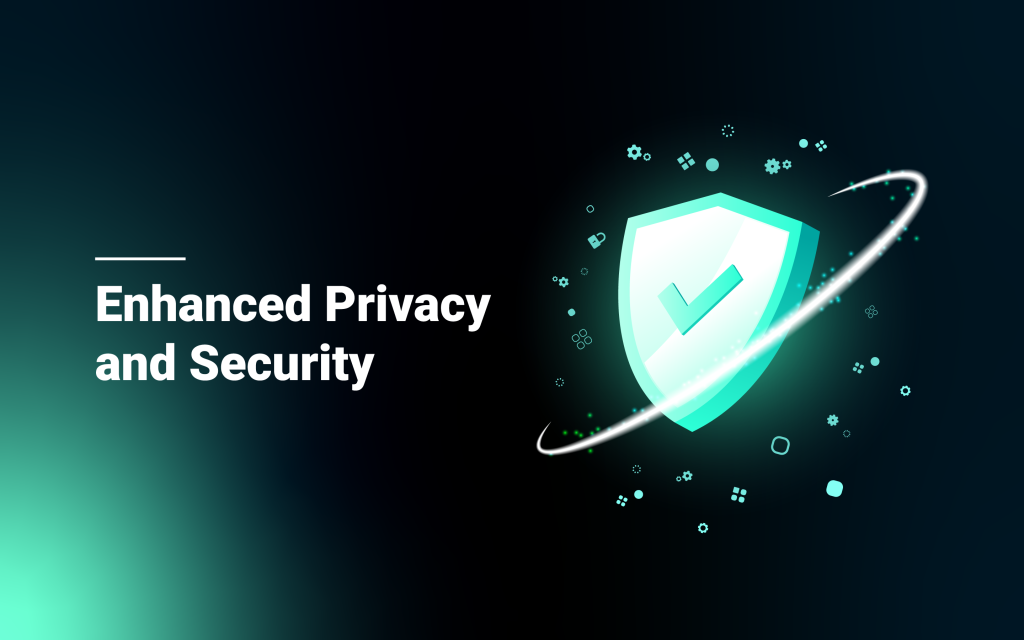In today’s digital age, freelancers and creators are heavily reliant on technology to get their work done. From sending emails, storing sensitive information, to collaborating with clients and colleagues, the internet plays a crucial role in their everyday lives. However, with this increased dependence on technology comes the risk of cyber threats and attacks. Freelancers and creators must be vigilant when it comes to cybersecurity to protect their work, reputation, and personal information.
One of the biggest threats to freelancers and creators is data breaches. Hackers are constantly looking for vulnerabilities in systems to gain access to sensitive information such as financial records, client details, and intellectual property. A data breach can have devastating consequences for freelancers and creators, leading to loss of trust from clients, financial losses, and even legal implications.
To protect themselves from data breaches, freelancers and creators should implement strong cybersecurity measures. This includes using complex passwords, enabling two-factor authentication, and regularly updating software and systems. It’s also important to be cautious of phishing emails and scams that may attempt to trick you into revealing sensitive information.
Another common cybersecurity threat for freelancers and creators is ransomware. Ransomware is a type of malware that encrypts files on a computer or network, making them inaccessible until a ransom is paid. This can be incredibly damaging for freelancers and creators who rely on their files for their work. To prevent ransomware attacks, it’s important to regularly back up your files and avoid clicking on suspicious links or downloading attachments from unknown sources.
In addition to data breaches and ransomware, freelancers and creators are also at risk of identity theft. Identity theft occurs when someone gains access to your personal information and uses it to commit fraud or other crimes. This can have serious repercussions for freelancers and creators, including financial losses and damage to their reputation.
To protect against identity theft, freelancers and creators should be cautious about sharing personal information online. This includes being careful about what information you share on social media, avoiding public Wi-Fi networks, and monitoring your bank accounts and credit reports regularly for any suspicious activity.
Freelancers and creators should also consider investing in cybersecurity solutions to further protect themselves from cyber threats. This may include using antivirus software, firewalls, and encryption tools to safeguard their data and information. It’s also important to stay informed about the latest cybersecurity trends and threats so that you can take proactive measures to protect yourself.
Additionally, freelancers and creators should educate themselves on cybersecurity best practices. This includes being aware of common scams and tactics used by hackers, as well as understanding how to securely handle and store sensitive information. By taking the time to educate yourself on cybersecurity, you can better protect yourself and your work from potential threats.
In conclusion, cybersecurity is a critical consideration for freelancers and creators in today’s digital world. By implementing strong cybersecurity measures, staying informed about the latest threats, and educating yourself on best practices, you can protect yourself from data breaches, ransomware, identity theft, and other cyber threats. Remember, your work, reputation, and personal information are valuable assets that need to be safeguarded against cyber threats. Stay vigilant and proactive in your efforts to protect yourself in the digital realm.

